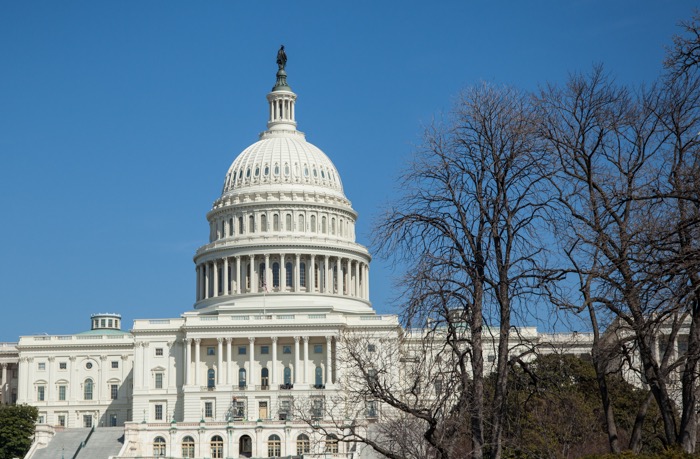Ambush Marketing in Events | Mayer Brown
[co-authors: Ana Leticia Allevato, Diego Semeraro, Vítor Montovani, Beatriz Maia]
The Paris 2024 Olympic Games are about to begin, along with discussions around ambush marketing. Ambush marketing involves the opportunistic use of events to promote products and/or services without actually financially supporting the official event, which may be sports, music, technology, or any other event.
It is an illegal practice in Brazil to capitalize on the popularity of any given major event without bearing the costs associated with its official sponsorship.
Advertising drives a large part of the global economy, with an impact of more than 1 trillion US dollars expected by the end of 2024. Protecting these investments is therefore crucial for an ethical advertising environment, despite the proliferation of new platforms.
The complexity of this illegal practice has grown significantly with the rise of social media, which is used by more than 60% of Brazilians today. Companies officially uninvolved with the event, for example, use simple hashtags on their posts, publish videos and photographs which are purportedly relate to the event, but mask their actual intent to ride on the event’s publicity, or make posts indicating some affinity with the event, among other practices that may constitute the illegal promoting of their brands.
The appeal of digital influencers has been another tactic, linking a brand to these individuals in some way associated with the event in question, attracting the attention of millions of people, sometimes going viral quite quickly. The use of memes or any supposedly humorous material—which are characteristic of social media—can help hide the real intention of a brand benefiting from the popularity of a particular event.
If we add the technological layer created by artificial intelligence (AI) systems, making it possible to instantly create highly realistic content—not to mention the highly accurate analysis of social media profiles—ambush marketing actions have become quite sophisticated. It’s clear that, as the limits of traditional marketing have broken down, so have the limits on how ambush marketing can be carried out.
The rapid dissemination of advertising via social media significantly affects the ability to challenge ambush marketing activities. In addition, the global footprint of these networks leads to ambush marketing regulation from other jurisdictions, thus escalating the complexity of combating this practice.
This practice also raises ethical concerns. It’s worth discussing the impact on the reputation of companies that take advantage of major events to promote their brands, without actually putting in the effort of sponsoring the event. The dissemination of these ethical concerns, along with the social responsibilities inherent to marketing, is becoming increasingly common in society, and should be encouraged as a way of discouraging ambush marketing practices.
Thus, in addition to the regulatory and legal frameworks applicable to this illegal practice, companies must account for the reputational impact—which would likely be more impactful than a decision by the Brazilian National Advertising Self-Regulation Council (CONAR), or even a court decision imposing material and/or moral damages.
There are a number of recommendations for sponsors and event producers to combat ambush marketing, including monitoring social media and websites, landing pages, and competitors for new product launches, services, or even promotions and other marketing actions at the time of the event. Monitoring event venues and their surroundings is also an important measure. There is also the analysis of social media and public appearances of athletes or artists participating in the event in question, which are often used for ambush marketing, including their actions leading up to events.
Despite these monitoring measures, a critical eye is needed to understand if there is any illegality.
Taking urgent action is crucial in these instances, including lodging claims with the CONAR and/or the Brazilian courts to stop illegal campaigns. Given the scope of social media, a global analysis is highly recommended. On the other hand, the legal role in the construction of contractual clauses is also important, mainly for sponsors in protecting their (often large) investments in certain events. Actions (e.g., public awareness campaigns) highlighting the ethical issue of ambush marketing can be useful to draw consumers’ attention to the illegal practice of a particular company—but it must be considered whether there are any legal barriers to carrying out such actions.
Another concern over ambush marketing is the sponsors’ intellectual property assets, which must be lawfully used by third parties. Stopping ambush marketing actions is just one of the necessary concerns to tackle. Attention must also be given to the use of sponsors’ brands, which, if associated with advertising materials, can give the false impression that they are official event materials. The measures described above are useful this purpose as well, as is the continual monitoring of conflicting domain names, especially for e-mail marketing purposes.
The scenario is complex, and requires a significant effort on the part of those involved if ambush marketing is to be combated. At the end of the day, these efforts ultimately serve to preserve the investments which make these events viable.
[View source.]






